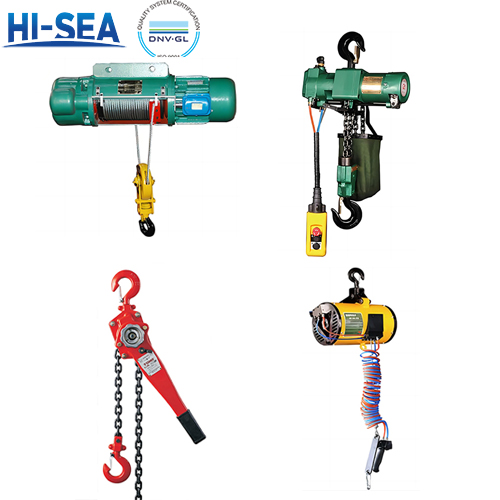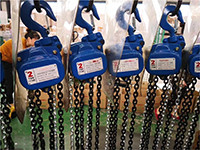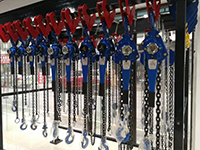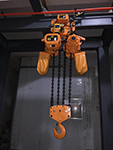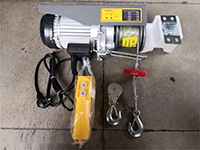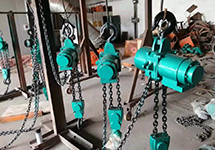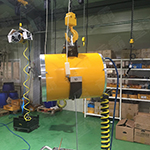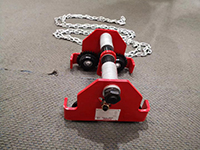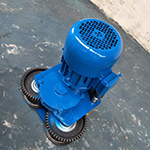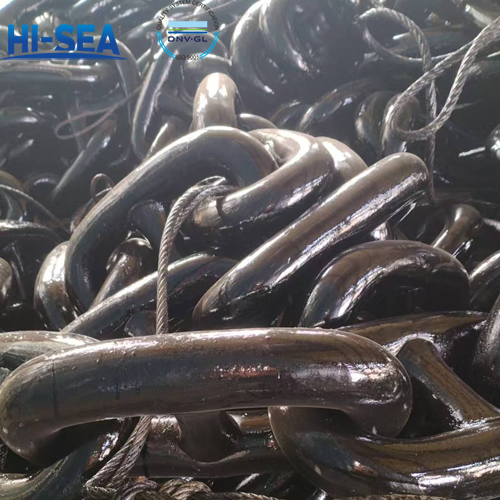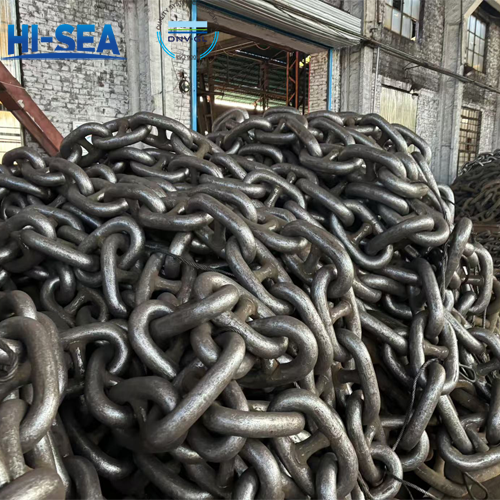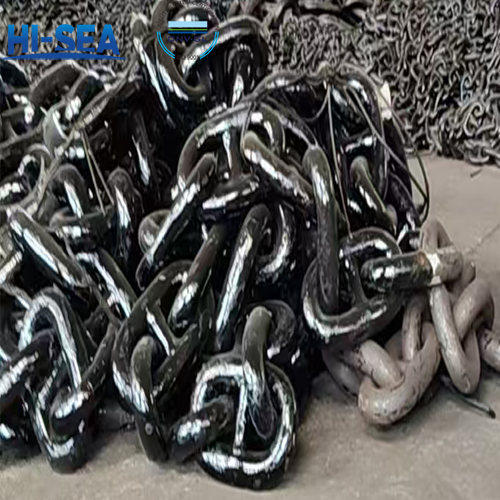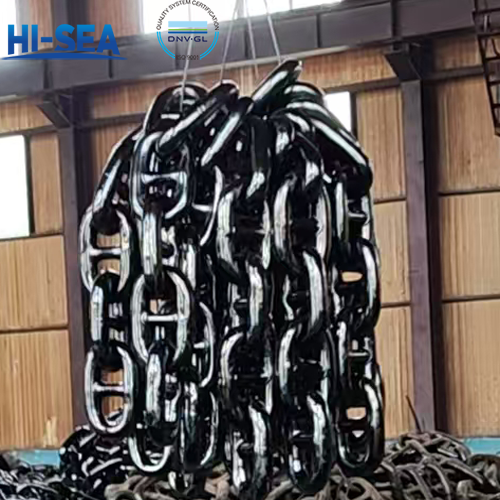
Hoist
Hoists are commonly used for a range of tasks onboard ships and in shipyards. They are instrumental in lifting and moving heavy equipment, cargo, and materials during loading and unloading operations, as well as for maintenance, repair, and construction tasks. Hoists play a crucial role in handling lifeboats, ship components, and machinery, contributing to efficient and safe maritime operations by providing controlled lifting capabilities in various marine environments.
Overview
Standard & authentication: conform to the standard of ISO9001-2000, GB/T 19001-2016
Categories
Hoist | Manual hoist | Chain hoist |
| A mechanical device designed for lifting and lowering heavy loads using a chain mechanism. It typically consists of a hand-operated chain wheel, gears, and a lifting hook. |
Lever hoist |
| A manual lifting device with a lever mechanism, allowing for efficient vertical lifting and lowering of loads. | ||
Electric hoist | Chain hoist |
| Comprising a motor, transmission mechanism, and chain wheel, it has robust durability. Internally, the gears of the electric chain hoist undergo hot quenching, enhancing wear resistance and toughness. | |
Wire rope hoist |
| A lifting device that uses a wire rope as its primary lifting medium, powered by an electric motor. | ||
Pneumatic hoist | Chain hoist |
| Using compressed air to power an air motor, which drives a chain mechanism for lifting and lowering loads. | |
Air balancer |
| Providing near-zero gravity operation, making it easier for operators to move and position loads with minimal effort. | ||
Trolley | Manual type |
| Manual pull or push. | |
Electric type |
| Powered by electricity. |

